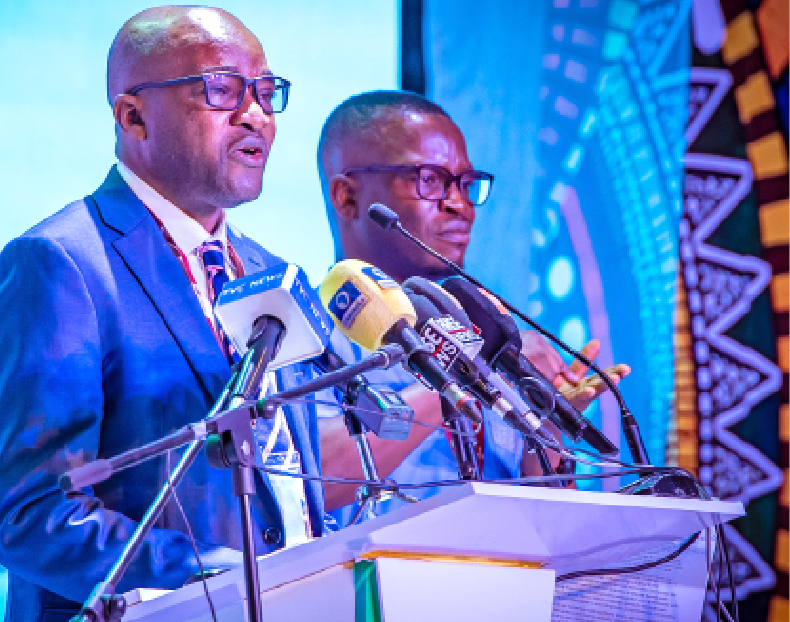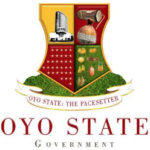The Nigerian economy is at a critical juncture, and stakeholders from across the public and private sectors are continuing to address the urgent need for economic stability and growth. This is the focus of the ongoing Nigerian Economic Summit, which gathered thought economic leaders, government representatives, and private sector actors to discuss effective strategies for revitalizing the nation’s economy.
The Chairman of the Nigerian Economic Summit Group, Mr. Niyi Yusuf in an interview at the event, assessed Nigeria’s economic landscape. He noted some significant challenges facing the nation, including rising inflation, which currently stands at 32%, and the sharp devaluation of the Naira by 70% this year alone. Additionally, over 60% of Nigeria’s population is now classified as living in multidimensional poverty, with limited access to capital compounding the economic strain.
The economic challenges Nigeria faces are not isolated; they reflect a broader global crisis Yusuf said. According to him, conflicts such as the Russian-Ukraine war and the Israeli-Palestinian conflict, coupled with local issues like security and infrastructural gaps, have created a tough and uncertain environment. Nevertheless, these challenges present opportunities for decisive action and reform.
The Chairman emphasized that despite the difficulties, there are signs of progress. “We’re beginning to see movement in the right direction,” he said, noting that more initiatives are being taken to leverage private sector expertise and capital. However, he stressed that much more needs to be done, particularly in the area of public-private partnerships, to effectively mobilize resources and expertise for national development.
One of the key points made during the summit was the need for sustained policy reforms to stabilize the economy. The Chairman acknowledged the recent liberalization of the financial services market, the removal of fuel subsidies, and the government’s efforts to reduce waste as positive steps toward economic recovery. These foundational reforms are crucial, but they are only the beginning.
The goal now is to transition from stabilization to growth and acceleration he said, noting that this phase will require persistence, patience, and a commitment to long-term planning. He urged stakeholders to “stay the course,” recognizing that the challenges Nigeria faces today are partly the result of policy decisions or lack thereof made over the last decade. The next few years will be critical in determining whether the country can overcome its current difficulties and achieve sustainable economic growth.
The need to balance policy reforms with economic growth. While fiscal and monetary policy reforms are essential, they must be complemented by efforts to stimulate growth in the real sector of the economy. This includes promoting investment, improving the regulatory environment, and ensuring that Nigeria remains competitive on the global stage. The Chairman reiterated while the path to economic recovery is challenging, it is not insurmountable. With the right policies, effective collaboration, and a commitment to long-term planning, Nigeria can emerge from its current economic difficulties stronger and more resilient.
“Behind every dark turn, there are lights,” he said, expressing optimism that Nigeria can achieve sustainable economic growth in the coming years if it stays the course.
Yesterday (Day 2 of the summit) was characterized by a variety of panel discussions centered on shaping the future of Nigeria’s economic landscape. These include discussion on, “Shaping Africa’s Innovation Frontiers: Entrepreneurship, Ecosystem, and Governance,” explored the importance of fostering an innovative ecosystem that supports entrepreneurship. Also, another session, “Fuelling Growth: The Future of Oil and Gas,” looked into the evolving energy sector and Nigeria’s strategic position in the global oil and gas market. Panelists examined the future of oil in a decarbonizing world and the importance of aligning Nigeria’s energy policies with global sustainability trends.
Additionally, the “Empowering SMEs for Economic Growth” discussion considered the pivotal role small and medium-sized enterprises play in driving economic growth and job creation.

 Join Daily Trust WhatsApp Community For Quick Access To News and Happenings Around You.
Join Daily Trust WhatsApp Community For Quick Access To News and Happenings Around You.


